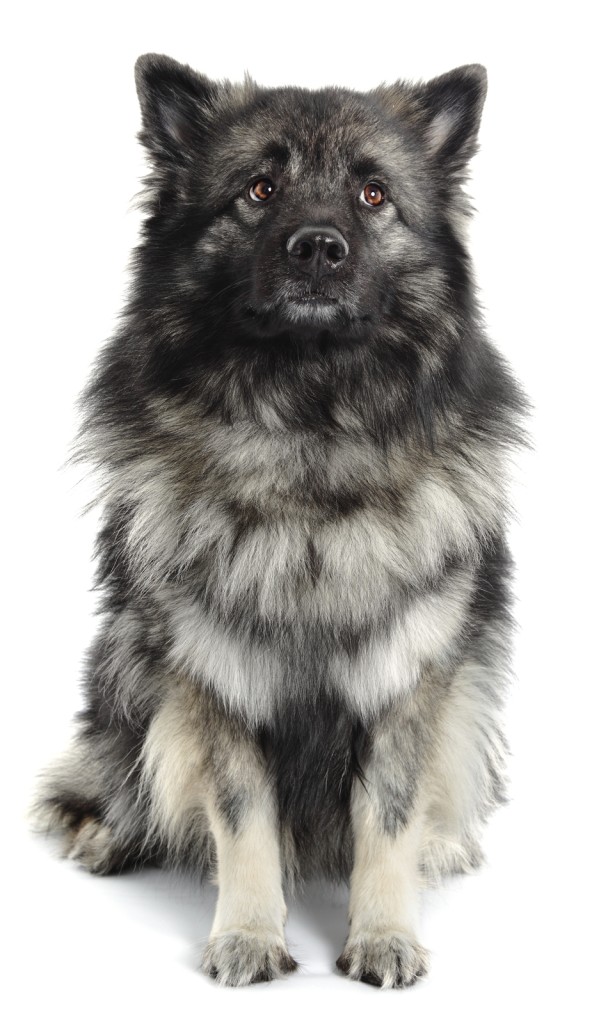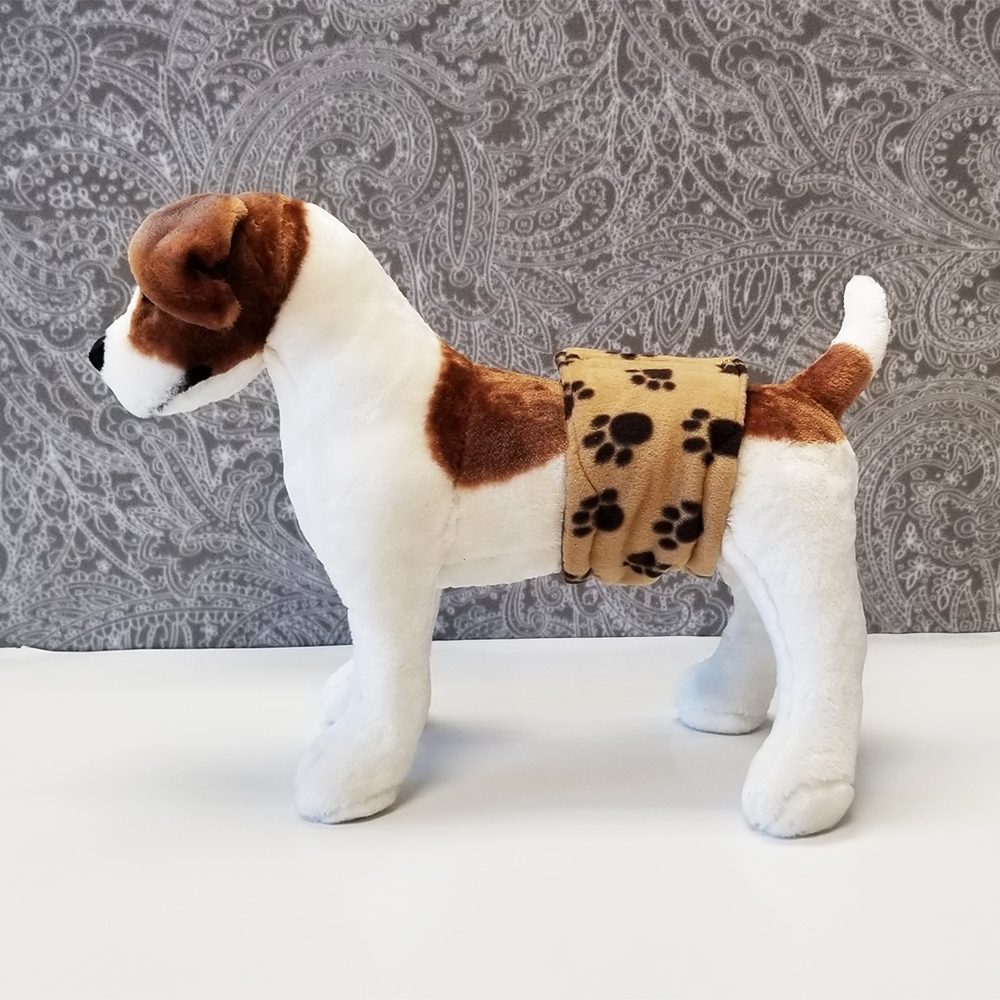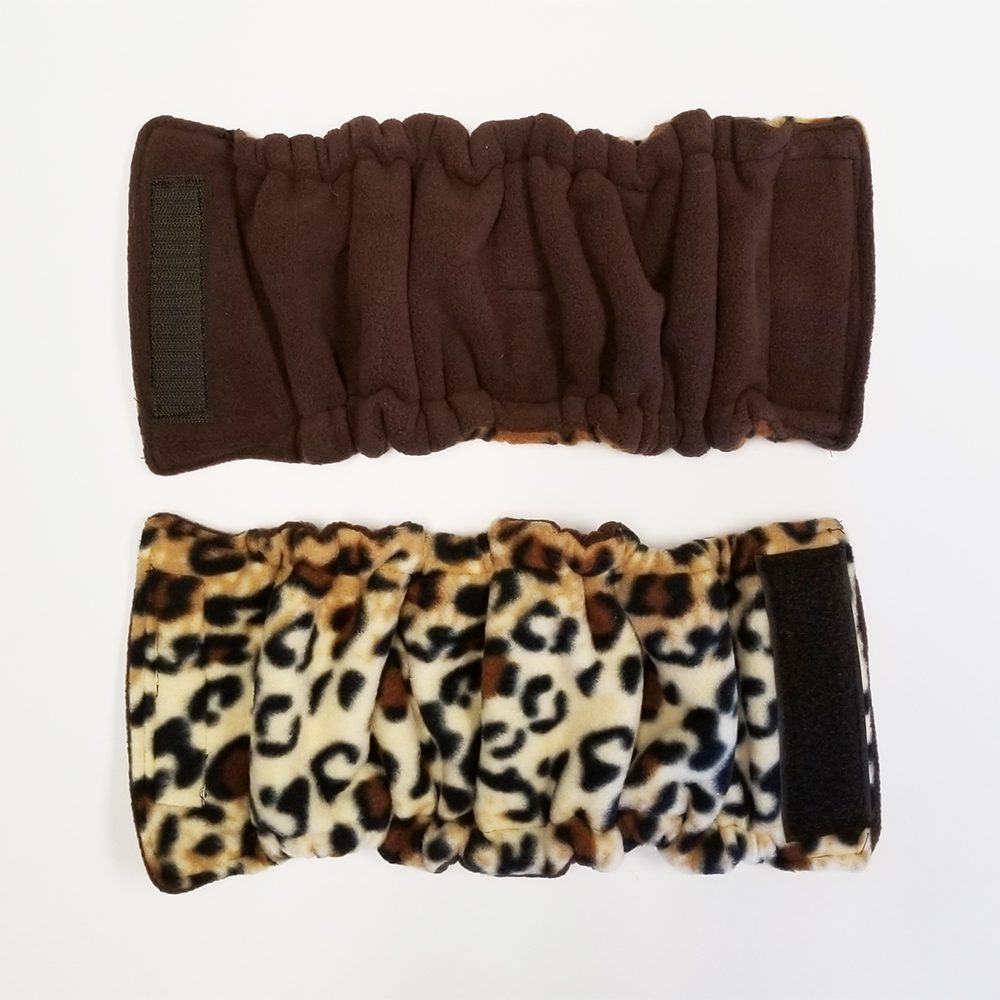Keeshond

Keeshond: The Cheerful and Sociable Spitz Breed
Welcome to the definitive guide on the Keeshond, a breed renowned for its striking appearance, friendly nature, and unwavering loyalty. This page offers an in-depth look at the Keeshond, a member of the Spitz family, known for its plush silver and black coat, expressive face, and spirited personality.
Overview
AKC Height: Males: 18″; females 17″
Weight: 31-40 pounds
Colors: black and silver; gray and black; gray, cream and black; gray silver and black
Life Expectancy: 13-15 years
Group: Non-Sporting Group
__________________________________________
Physical Characteristics
- Distinctive Plush Coat: The Keeshond is famous for its dense, luxurious coat, particularly its mane-like ruff around the neck. Its coat coloration is a mix of gray, black, and cream.
- Compact and Symmetrical Build: These medium-sized dogs have a well-balanced and sturdy physique, with a distinctive fox-like expression.
Temperament and Personality
Keeshonden (plural of Keeshond) are known for their affectionate, friendly, and outgoing nature. They are highly sociable dogs, thriving on companionship and family interaction. Their alert and intelligent disposition makes them excellent watchdogs, though they are more likely to greet strangers with a wagging tail than a bark.
Training and Exercise Needs
- Training: They are intelligent and eager to please, making training a rewarding experience. Positive reinforcement works best with this breed.
- Exercise: Moderate exercise, including daily walks and playtime, is sufficient for their energy levels.
- Mental Stimulation: Keeshonden enjoy engaging activities that challenge their minds, such as puzzle toys and learning new tricks.
Health and Nutrition
- Diet: A balanced diet suitable for a medium-sized, moderately active breed is essential. Regular veterinary check-ups can help maintain their health.
- Health: Keeshonds, like all breeds, may be prone to certain health conditions, including hip dysplasia, patellar luxation, progressive retinal atrophy (PRA), and thyroid disorders. Responsible breeding practices, regular veterinary check-ups, and maintaining a healthy diet and exercise regimen can help reduce the risk of these health issues. Dog Health Dictionary
Grooming and Care
- Coat Maintenance: Their thick coat requires regular grooming to prevent matting and to keep it in top condition.
- General Care: Routine health care practices, such as dental hygiene, nail trimming, and ear cleaning, are important.
Living with a Keeshond
- Family Compatibility: They are excellent with families, known for being good with children and other pets.
- Adaptability: Keeshonden adapt well to various living environments, including apartments, as long as they receive adequate attention and exercise.
- Companionship: They form strong bonds with their owners and thrive on being an integral part of family life.
Responsible Ownership and Adoption
- Selecting a Breeder: Choose breeders who prioritize health, temperament, and adherence to breed standards.
- Adoption Options: Adoption from shelters or breed-specific rescues is a great way to offer a loving home to a Keeshond in need.
.
Conclusion: The Keeshond, with its amiable personality, beautiful coat, and affectionate nature, is an ideal breed for those seeking a friendly and engaging companion. Their adaptability and sociable temperament make them a cherished pet in a wide range of households.
Housebreaking
PUPPY HOUSEBREAKING tips: https://www.dog-breeds.net/puppy-housebreaking/
ADULT MARKING AND RETRAINING tips: https://www.dog-breeds.net/dog-housebreaking-marking-page/



